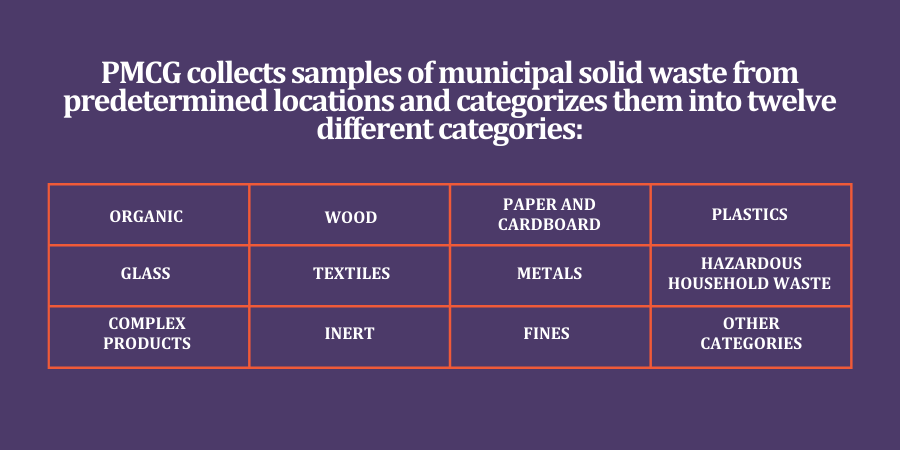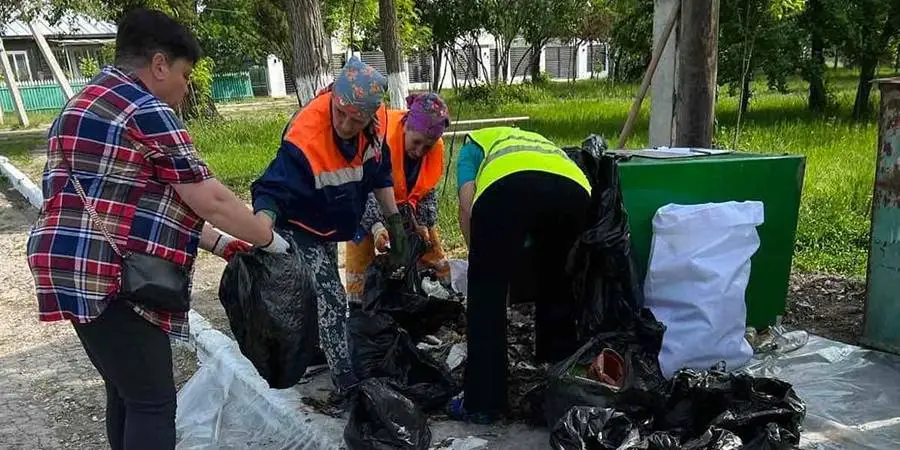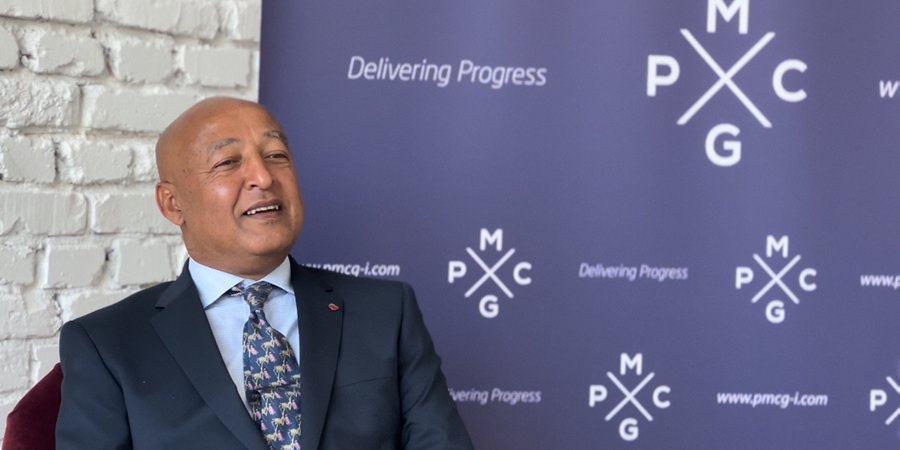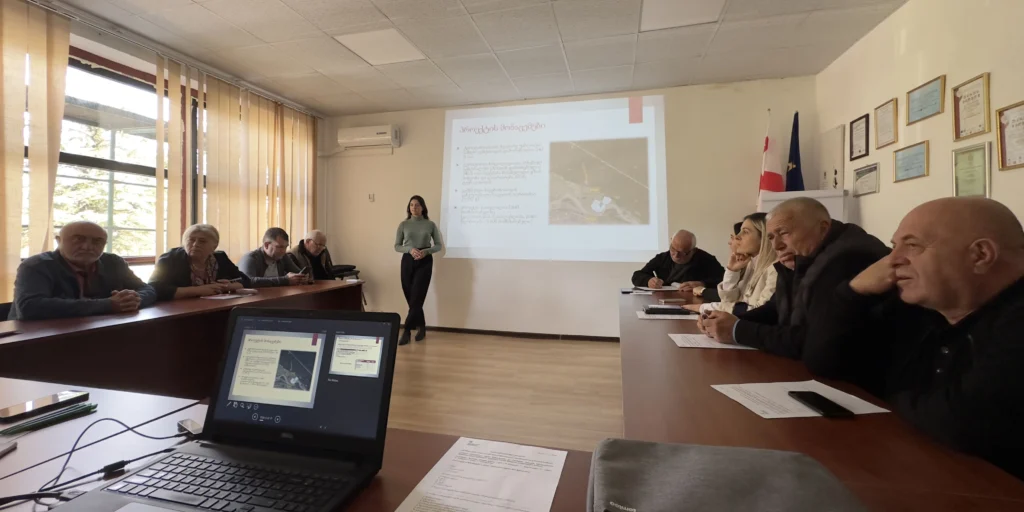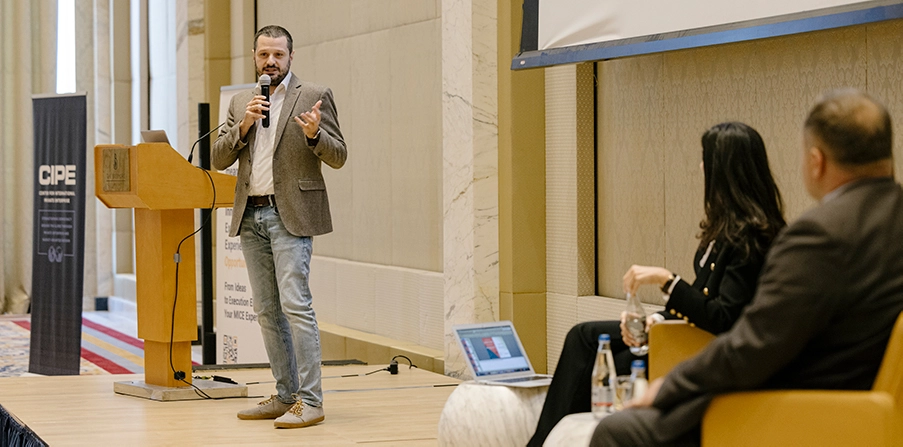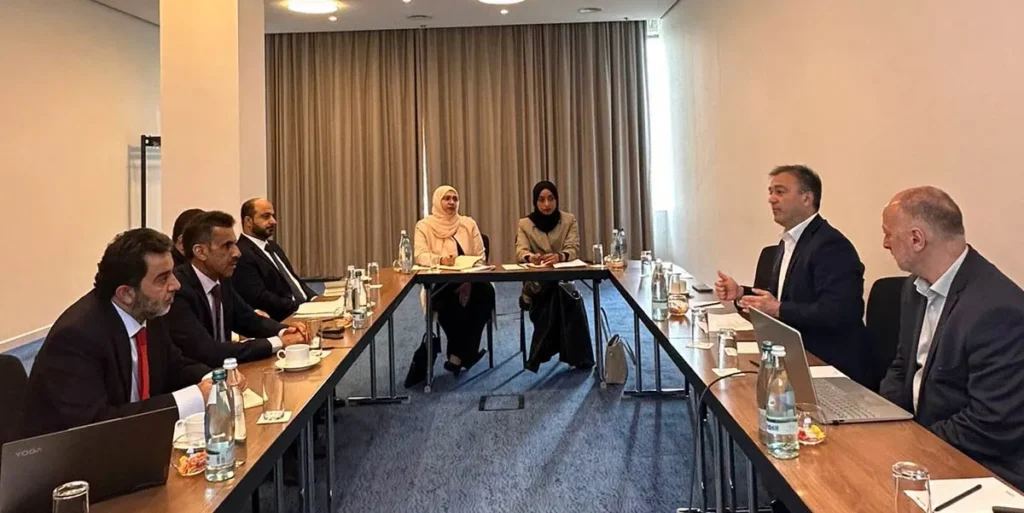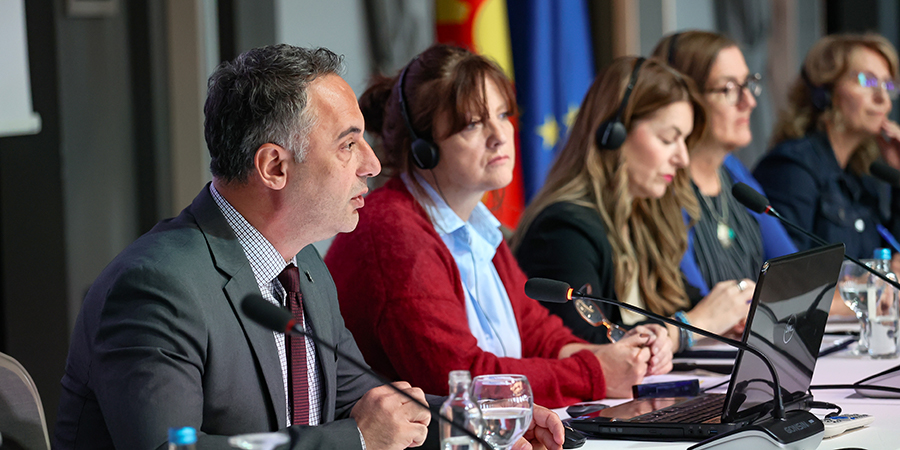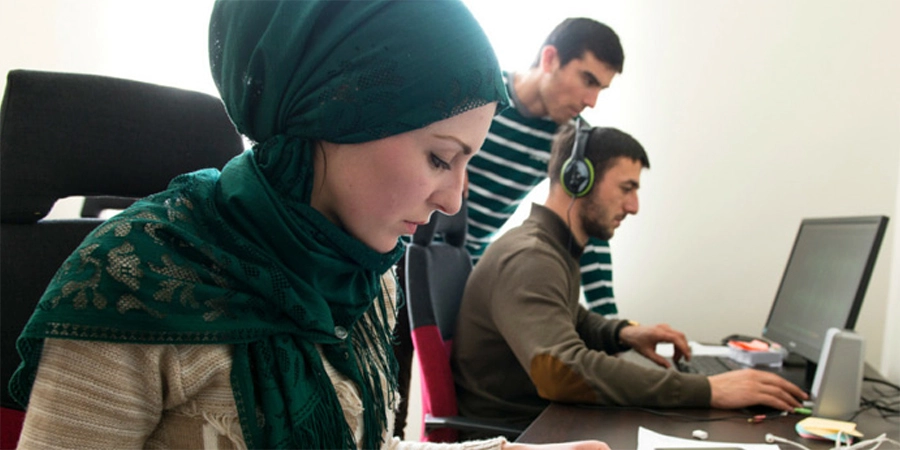Assessing Moldova’s Potential for Waste-to-Energy Production
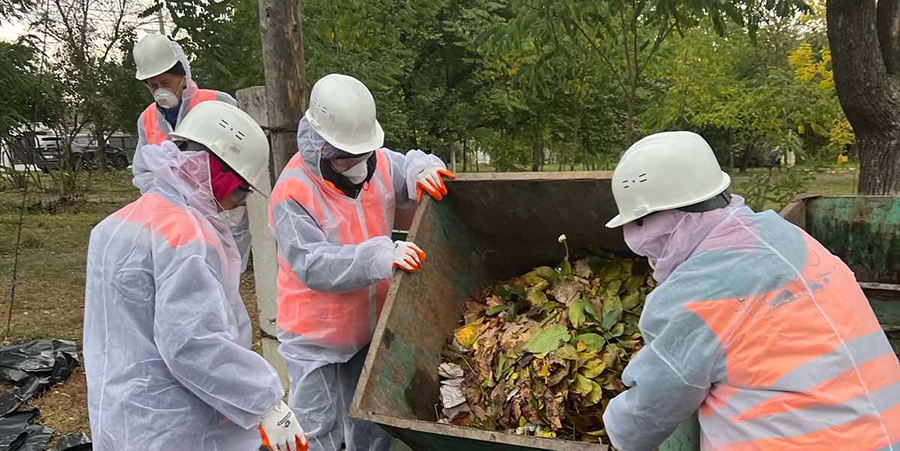
PMCG, as a subcontractor of Tetra Tech, is enhancing energy security and fostering sustainable waste management practices throughout Moldova under the USAID-funded Moldova Energy Security Activity (MESA). In the process, PMCG is conducting a waste characterization study to determine Moldova’s potential for waste-to-energy (WTE) production.
Morphological Composition Survey
Notably, PMCG is carrying out a waste composition study to identify types and amounts of generated waste. In addition, it is determining the heating and calorific value of waste components over a one-year period. PMCG developed a methodology and conducted a study on the morphological composition of municipal solid waste (MSW) covering three seasons: spring, summer, and fall. For the latest study, samples are being collected from predetermined locations in Moldova. These are classified into 12 categories (e.g., organic, wood, and paper and cardboard), and then subjected to morphological analysis. Following the waste analysis during the winter season, PMCG will transport the collected samples from Moldova to a specialized laboratory in Romania for MSW assessment.
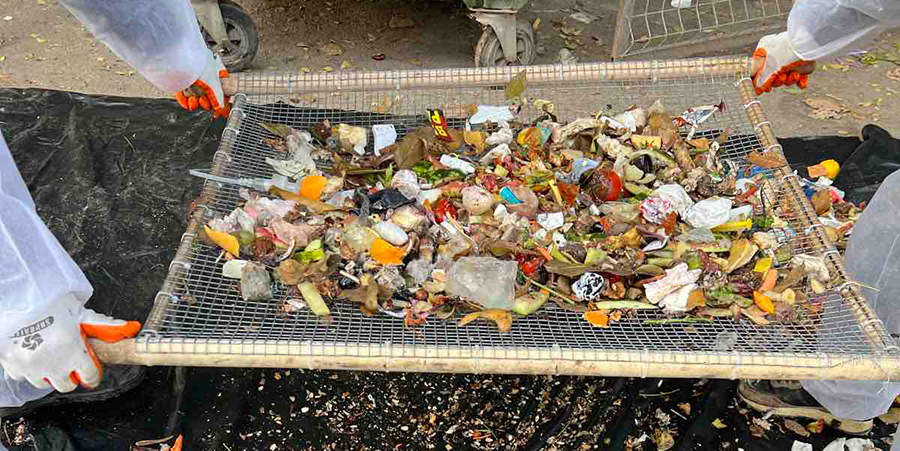
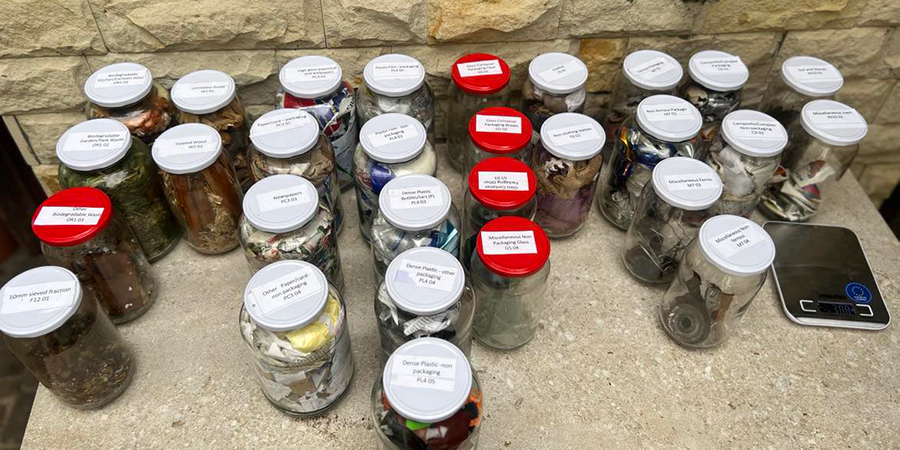
Upon completing the morphological composition survey for all covered seasons, PMCG will evaluate the MSW and its potential for WTE production. Crucially, this assessment will form the basis for the final phase of the project, where the most effective and environmentally friendly commercial technologies for WTE production within selected waste management regions (WMRs) will be chosen.
Ultimately, the project will contribute to the strengthening of Moldova’s energy security by promoting market-oriented reforms, increasing energy efficiency, and developing renewable energy sources. Specifically, it aims to establish a connection between the waste and energy sectors, unleashing the full energy potential of waste.
